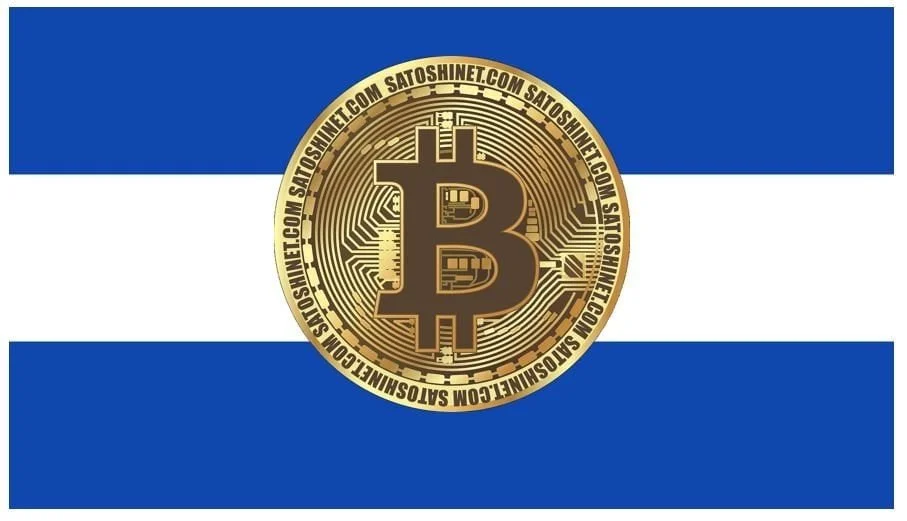El Salvador’s Bitcoin (BTC) adoption strategy includes remittance, according to the Central American Bank for Economic Integration (CABEI).

The regional development bank, according to Reuters on Tuesday, expects other Central American countries to pay close attention to Bitcoin’s influence on remittance costs in El Salvador.
Dante Mossi, CABEI’s executive president, told Reuters that if Bitcoin offers considerable cost savings in the remittance sector, other countries will be encouraged to follow El Salvador’s lead.
El Salvador’s Bitcoin adoption policy, according to the CABEI CEO, is an “out of this world experiment” that might lead to greater financial inclusion in the country.
As a result, the regional bank is assisting El Salvador in developing a technical framework for the use of Bitcoin.
CABEI’s investment chief, Carlos Sanchez, says the regional bank is eager to assist El Salvador in complying with global money laundering regulations as the government strives to use Bitcoin as a parallel currency. Sanchez compared the procedure to navigating “yet-to-be-explored” waters.
CABEI’s technical help flies in the face of the International Monetary Fund’s objections and criticism. Indeed, even if the global financial establishment remains anti-Bitcoin, the move might be interpreted as evidence of Bitcoin’s power to drive key monetary policy talks, at least on a national and regional level.
El Salvador’s economy might be destroyed by Bitcoin, according to economist Steve Hanke, and Fitch Ratings has warned that the country’s Bitcoin law could put local insurers at risk.
El Salvador, for one, looks to be pressing forward with preparations to recognize Bitcoin as a fully legal form of currency in the country.
President Nayib Bukele revealed intentions to construct 200 ATMs for quick Bitcoin to US dollar conversion earlier this month.
The central bank of the country has recently released proposed laws on how banks can deal with Bitcoin.

